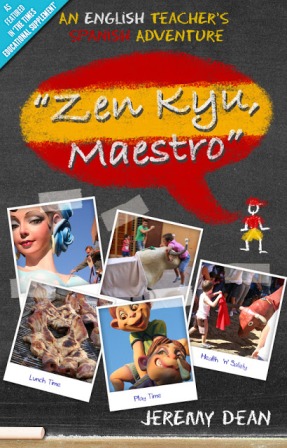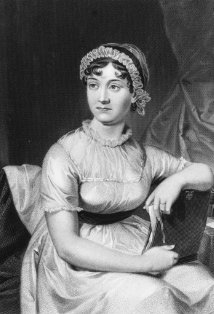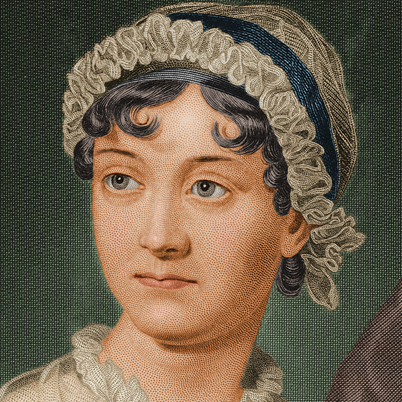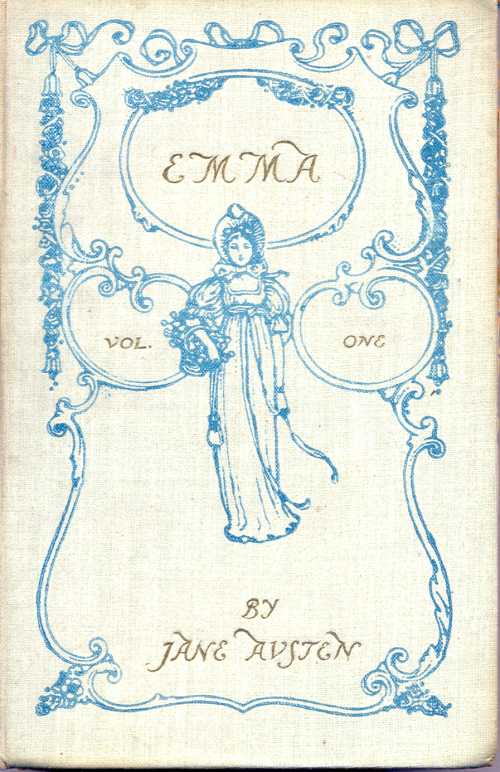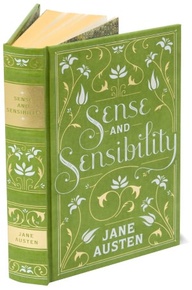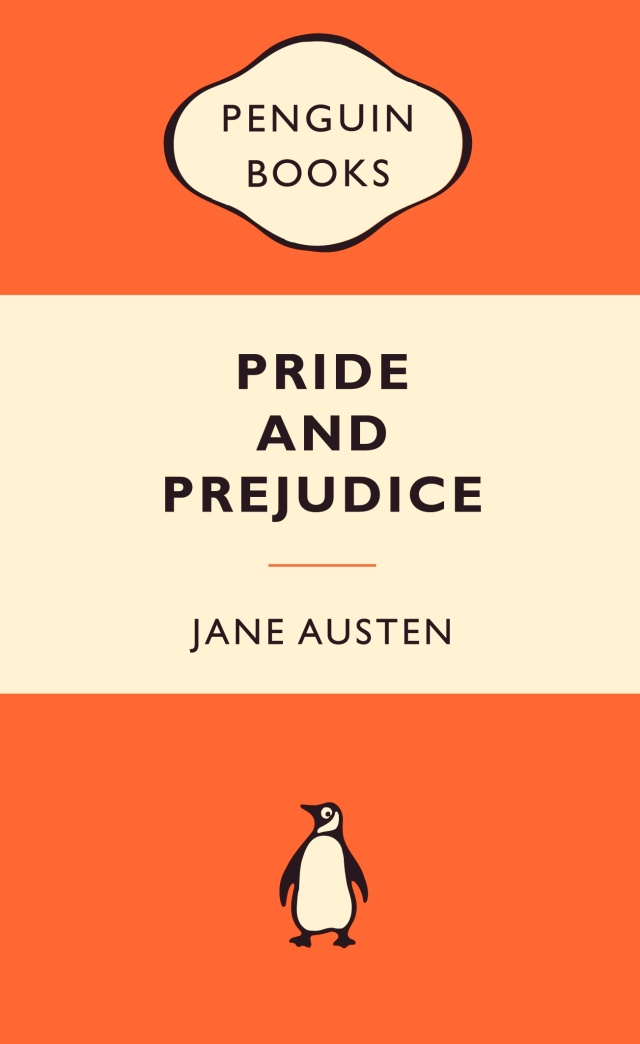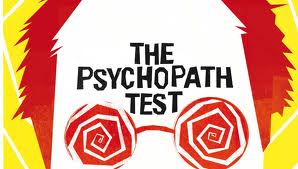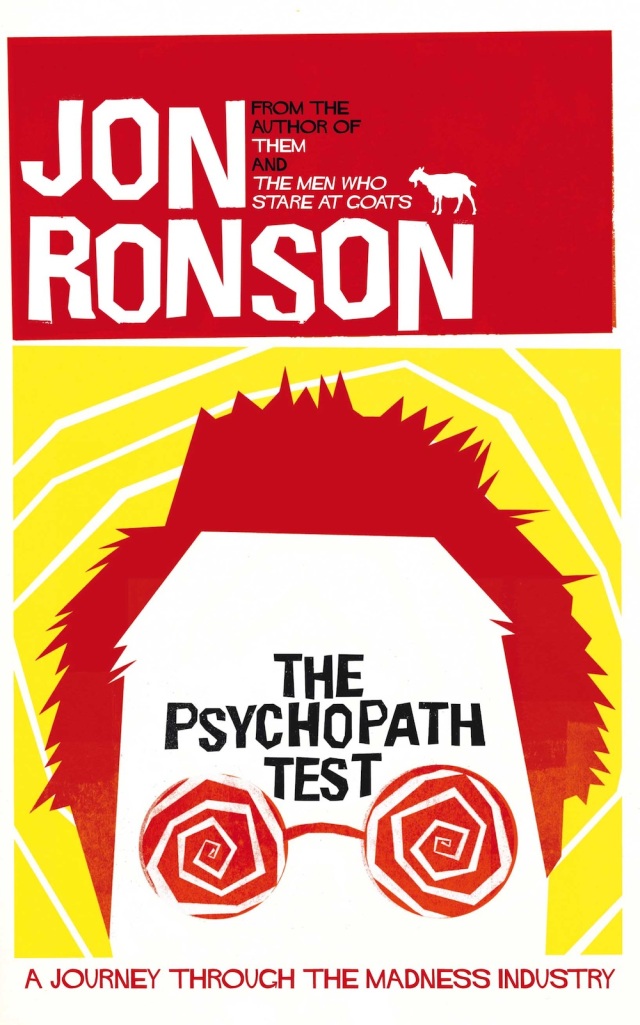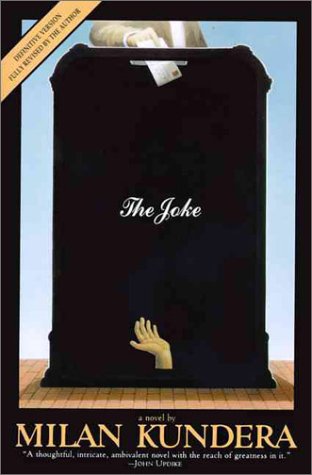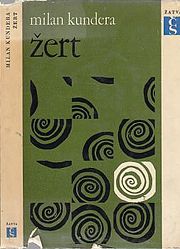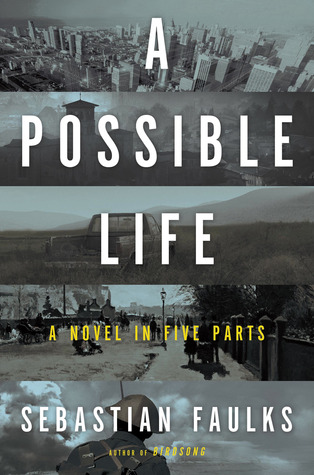 Introduction:
Introduction:
Do you remember when you were in Primary school and a teacher announced a school trip? Once you had figured out what you were going to wear, who you were going to sit next to on the coach, the next question to arise would normally be: what collection of 14 songs would be deemed good enough to be played on repeat on your Walkman? In my lifetime, the iPod and the possibility of thousands of songs at one’s disposal was something that became a standard before you could even say: “Call me Ishmael”.
Why, then, do we have such a problem with digitising books? It seems inevitable; films, music, writing, learning have all been moved into the digital forum. If this was not fated, then at the very least, it was foreseeable. We asked our writers to give their tuppence on this on going debate.
Words by Camela Cuison
Much like when I switched from video to DVD, I have now reached the point where I can resist technology no longer. eBooks are cheaper, easier to carry around and can be accessed anywhere at anytime. Problem is, they just aren’t the same as proper books. Whilst all my music is kept in digital form, when I buy an album I always get it on CD to proudly sit on the shelf once uploaded. So, what to do with my book collection? It seems my reading interests will be split between accessible convenience and the joy of a real book forever.
Words by Adam Bond
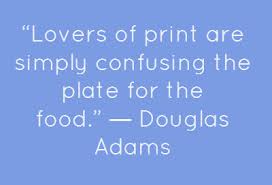
Have pride in your literary tastes. Don’t retreat behind the anonymous cover of a Kindle to hide your unusual literature. You must be proud! Like those on the bus that needlessly play tinny music through overworked iPhone speakers despite having headphones peeking coquettishly from their popped collars, flaunt your literary tastes! Be unashamed. Just because you read about something does not mean you practise or condone it. I’ve read a Neil Gaiman book where a retired god eats a man with her toothy vagina. That simply does not mean that I condone such behaviour. To hide your book away is both unnecessary and selfish. If there are raised eyebrows, just turn the page and get over it.
Words by Ed Gove
As a student, I can see why e-books may be appealing. They can be downloaded instantly and usually cost less than a printed book; some can even be downloaded for free. However, the whole point of reading, for me, is to escape reality and enjoy a bit of me time. We live in a world where technology seems to play a part in almost everything we do. A printed book is that one chance to escape the glare of an energy run screen. I don’t want to have to rely on electricity in order to ensure I can read a book. I want to be able to use page numbers, feel the pages and, yes, even smell the ink.
Words by Elizabeth Fuhr
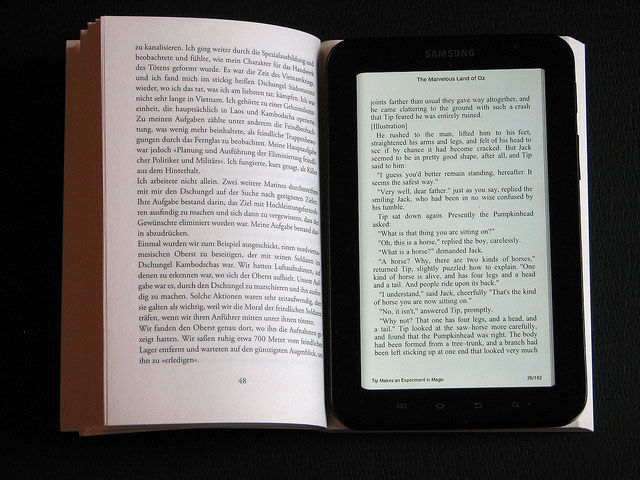
Is there a debate between eBooks and printed books? In my mind, there is no question; printed books are the real winner.
How long have books been in print for? Hundreds of years, and still there is nothing like reading a real book, is there? Something tangible in your hands, you have the freedom to corner your favourite pages or underline beautiful passages, and get lost in the words.
In a world dominated by iPads and ‘eBooks’, if you really want to enjoy a real book, go and buy one from Waterston’s.
Words by Naomi Jeffreys
eBooks have been readily available for a vast number of years now, yet there is still an air of dissent when it comes to accepting their legitimacy. Purists scowl and hiss at those of us who are unfortunate enough to stumble across them with our Kindles out in public, leaving us with feelings of inadequacy in pursuit of our literary needs, but I for one am a firm believer in the future matrimony of the hardback and the hardware.
As an avid reader myself, I sympathise with those of you who are simply spoilt for choice when the time comes to take books away for long stretches of time. With a memory bank about the size of the Albert Sloman library, such an issue is unlikely to arise with the portable device.
But the perks are not limited to transportation, for I have discovered that the easy online access makes me consider books I would normally gloss over, particularly some of the classics by authors long dead. Fancy reading up on some Victor Hugo before you go and see the new version of Les Miserables? Won’t cost you a thing on the Kindle and you will never regret the quick download. The online presence also gives you access to reviews from all sorts of people, rather than your friends who, if they’re anything like me, tend to get very biased in favour of their books.
So whilst it is always nice to have a dusty tome at hand, under no circumstances should we be writing off the pocket sized screen.
Words by Kieran Layer

I suppose my greatest fear is that within this digital revolution my beloved books will no longer have a pride of place on my shelf. They will ascent to antique status and sit behind glass, and become something to be admired from a far. With eBooks costing less than an espresso, combined with the easy access to an infinite number of titles, and the romantic justification that writers will finally be able to get what they truly deserve in terms of profit, how can I stand in the way of this literary evolution?
Simply because without books, how would I possibly satisfy my literary promiscuity? How could I indulge in multiple relationships without feeling bad? You can’t practise my own intense form of literary bigamy with what is essentially a binary code on a screen. I know very well that going into any bookshop means coming out with a shiny new hardback with absolute commitment to the heavens above that this is the one I will finish. It never is but I’m just as open to being easily seduced the next time.
Words by Camela Cuison
